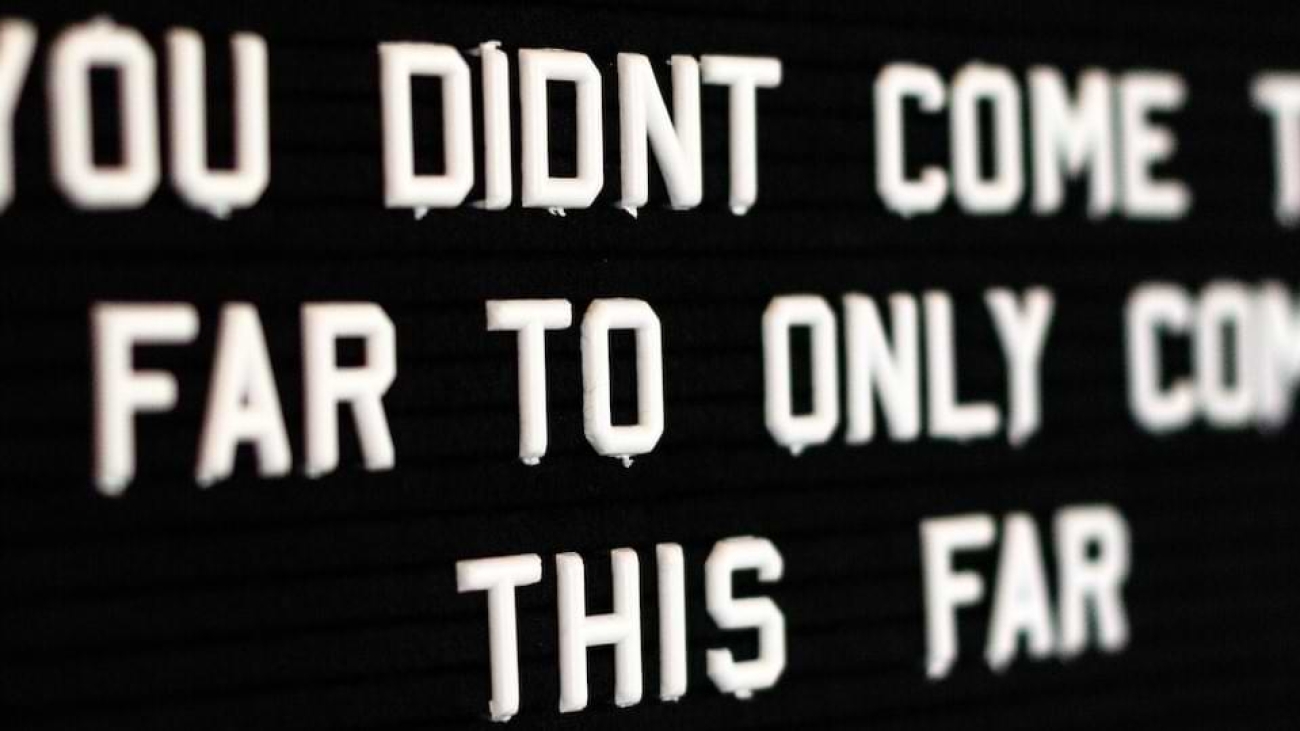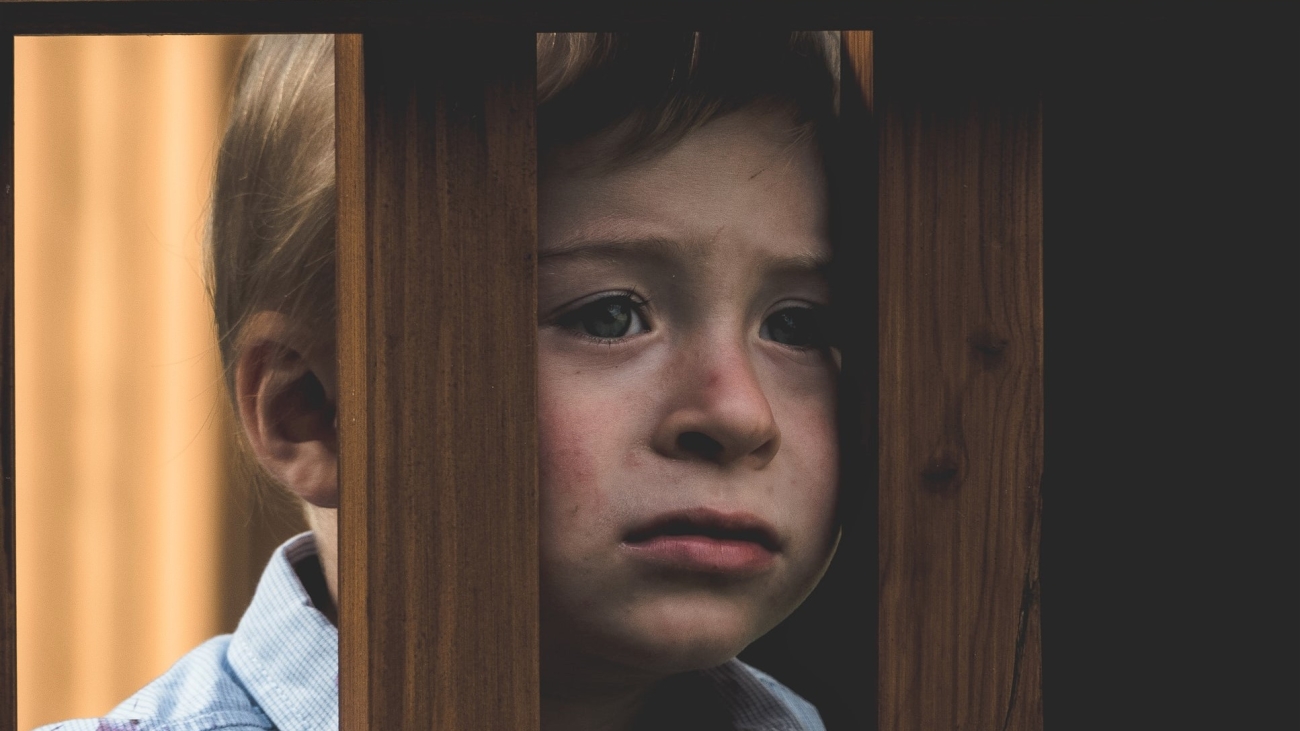Cameron Macaulay, despite living in Glasgow his entire life, at the age of two started to describe a white house on a beach on the Scottish island of Barra.
Internet Self Care Day: Be Careful
21 August is Internet Self Care day and it’s all about how to using the internet to find resources that can help you take care of yourself and keep you healthy.
Never Give Up Day: Being Determined
This day is all about motivation – motiving yourself and others. It remind us to keep excelling and keep chasing our dreams and never give up on them.
Journaling: How to Get Started
Journaling can be a great way to get an insight into your physical and mental health. It’s easy to start so begin your journey of self-discovery.
Free Guide to Past Life Regression
A free comprehensive guide to Past Life Regression. In this guide, I explore the fascinating process of Past Life Regression from beginning to end.
Complex Post-Traumatic Stress Disorder
Complex post-traumatic stress disorder (CPTSD) is a stress-related disorder which occurs in response to prolonged or repetitive exposures to traumatic events.







